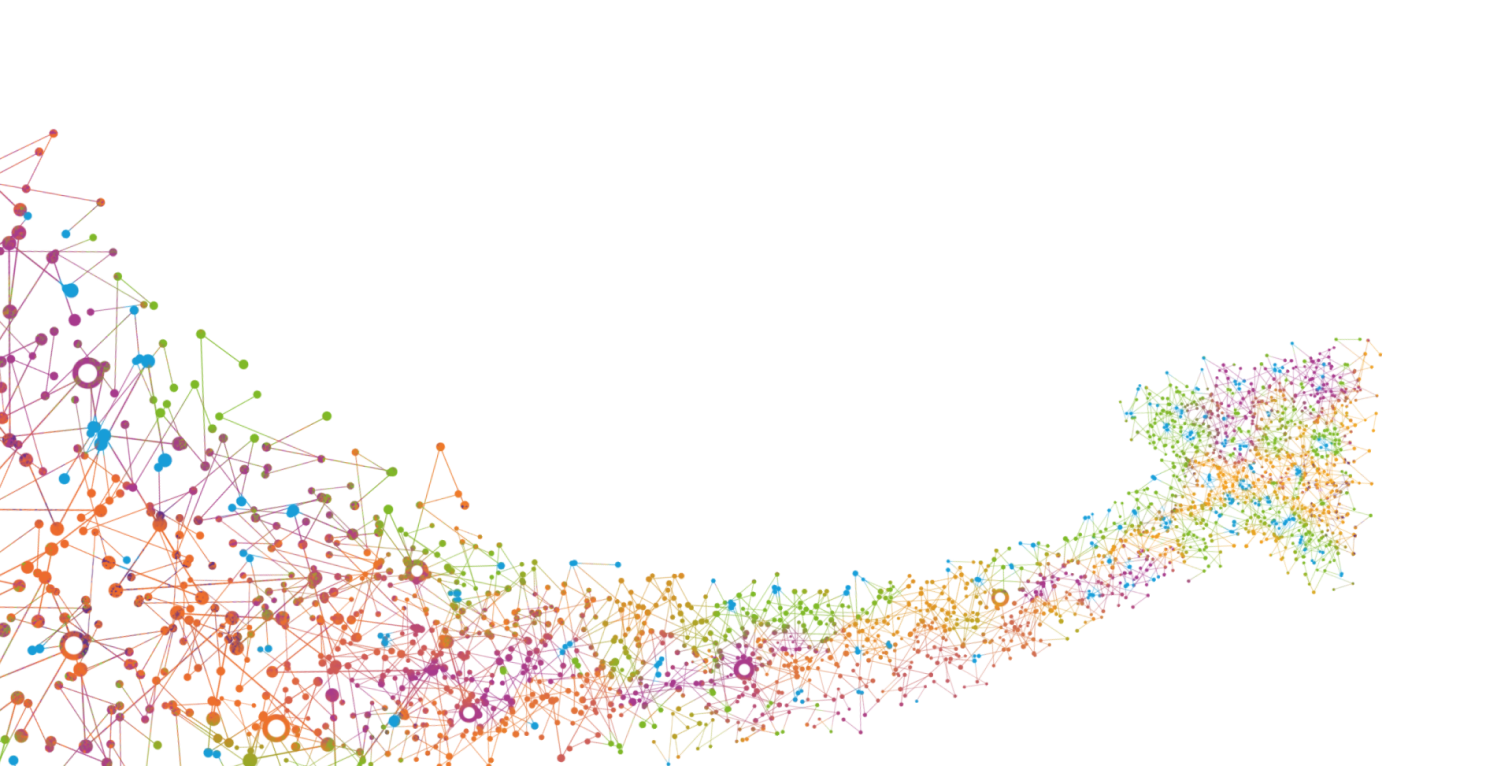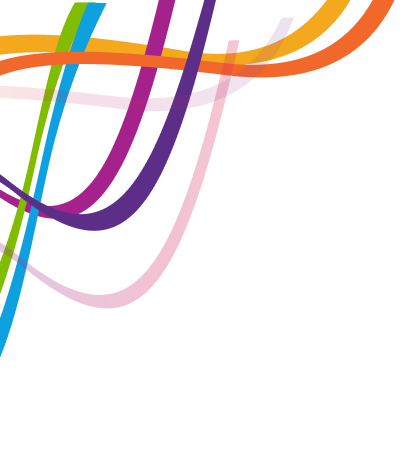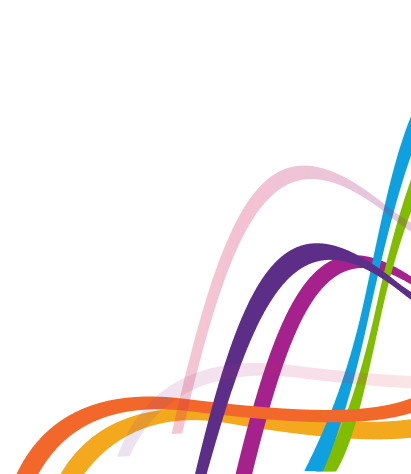Executive Overview
Setting the scene and progress towards the 3 billion targets and SDGs.
WHO is marking its 75th anniversary this year, with its 194 Member States and partners, by calling for a renewed drive for health equity. The past seven and a half decades have seen extraordinary progress in protecting people from diseases, health risks and harms. However, as this report shows, further progress is needed to achieve the triple billion targets towards attaining the health-related Sustainable Development Goals and meeting other health challenges, such as mental health, antimicrobial resistance and climate change.

- Improved access to quality essential health services irrespective of gender, age or disability status
- Countries enabled to provide high-quality, people-centred health services, based on primary health care strategies and comprehensive essential service packages
Strengthened country capacity in data and innovation
Advancing WHO's leadership in data, innovation, and evidence-based standards to drive progress towards Sustainable Development Goals and effectively respond to health emergencies.
Advancing WHO’s leadership in data and innovation is critical to the Secretariat’s work. WHO serves as the custodian for health-related Sustainable Development Goals. WHO norms and standards are founded upon cutting-edge scientific research, rigorous data and statistics and a strong evidence-base, and are pivotal to the Organization’s work to accelerate the achievement of the GPW13 triple billion targets.
The COVID-19 pandemic has highlighted the important role of science and data in responding to health emergencies, supporting the rapid formulation and implementation of evidence-based, coherent guidance and real-time monitoring of the pandemic response.
Innovations such as digital health technologies have the potential to accelerate progress toward healthier societies and close inequality gaps. They can facilitate generation of big data to advance research, diagnostics, disease prevention and personalized health services.
PROGRAMME BUDGET FUNDING AND UTILIZATION
WHO’s biennial Programme budget is based on the principles of transparency, accountability and providing value for money
The Seventy-fifth World Health Assembly adopted resolution WHA75.5 in May 2022, revising the approved base programmes segment of the Programme budget 2022-2023 to a total of US$ 6.726 billion. By the end of the first year, the total Programme budget has a good level of financing (US$ 8.3 billion), including projections, which exceeded the total approved. The good level of financing is explained by two event-driven budget segments: emergency operations and appeals, and polio eradication, the financing for which has needed to exceed the amounts established in the Programme budget in order to keep step with operational needs.





